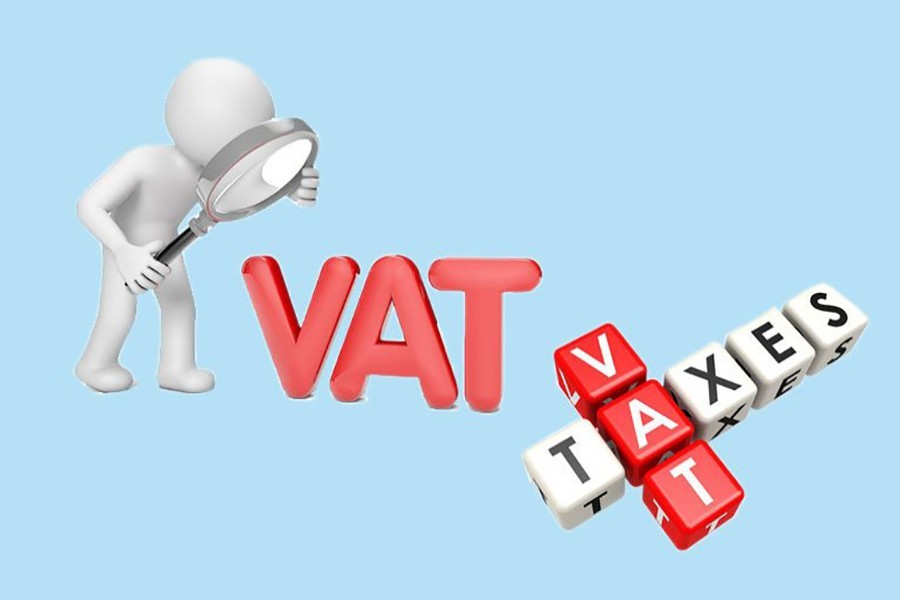
Published :
Updated :

The new VAT law that is almost certain to be introduced in the next budget can be viewed as a revenue bonus provided some of the abominable aspects were reviewed and changed. It depends on political will and the finance minister seems to have chosen a path of both populism and practicality. In his sheath he has the commitment of businesses including the Commerce Minister Titu Munshi who has suffered as much as anyone else from daft government policy.
In an unstructured economy, single rates of economy don't work. Following on from there lower or truncated VAT is even worse. The answer is differential rates --even though they can be a nightmare to wade through.
As it stands, by nature the value addition should depend on the cost of a product and not just a simple rate. That's the reasoning by businessmen to have VAT on more luxury goods as compared with essential goods. The concept on value vs volume therefore comes into play. Subsequently the business community would rather have credit on VAT simply because rebates are too complicated in a universe of multiple VAT rates. But that has now become a necessity than a rule. Basing tax on tariffs is also outmoded due to capacity constraints by the Tariff Commission whereby tariffs are out of sync with a fast and almost daily movement of international prices. However, on the pricing side too many products are jumping abnormally at one go instead of gradual rises as the local consumer will know on his regular visit to the shops.
The other major dichotomy lies in supplementary duty, ideally positioned for luxury and higher priced goods for no real reason. What it does is add to the total tax in the form of tax on tax with no opportunity for consumers to get rebates. Compare that with the digital transactions where use of digital Apps offer decent cash-back offers that the discerning consumer works out from product and service margins. The underlying message is that supplementary duty must be judicially applied or reduced.
When it comes to small and cottage industries, taxes are determined on turnover. Because books aren't properly maintained, the numbers go askew. The businesses have devised a way out by limiting turnover tax. In a way this is akin to something tried years ago; a flat tax on business operating out of structured shops. It flopped spectacularly because everyone began submitting returns showing a bottom-line loss. One doesn't know whether to laugh or cry. Who in the good lord's name would run a business on continuous losses? Especially if the products are consumer goods! The people crowding around street vendors are buying, shopping malls run briskly during festival occasions and even in the rest of the year malls teem with impulsive buyers.


 For all latest news, follow The Financial Express Google News channel.
For all latest news, follow The Financial Express Google News channel.